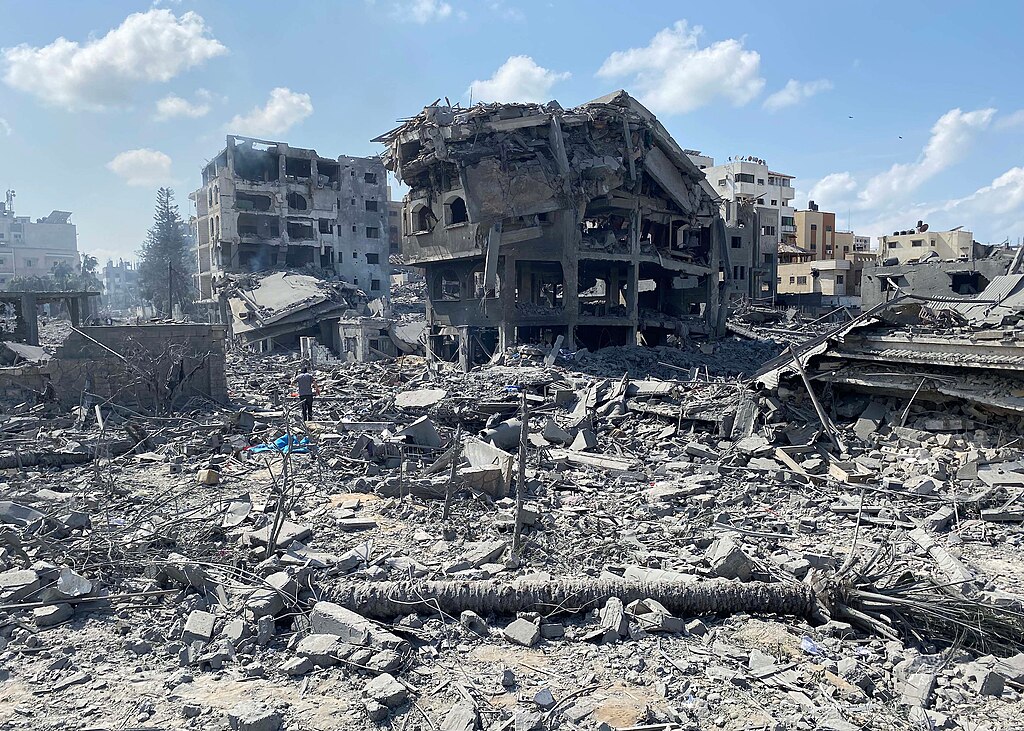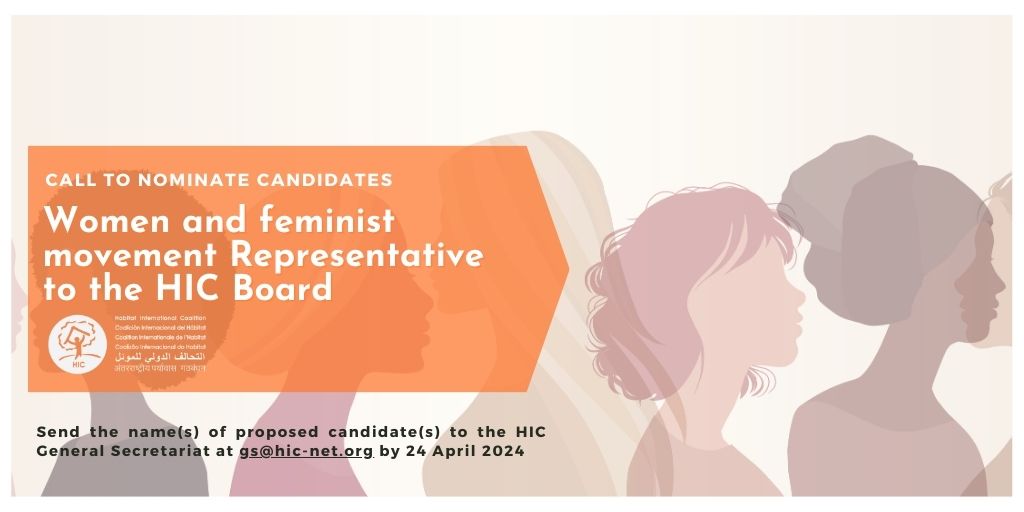With less than a month to go before the Games start, forced evictions to make way for Olympic venues and other projects to spruce up China’s grimy capital are making life miserable for people like Yu, even as the government denies there is a problem.
“We support the Olympics with all our hearts,” Yu told Reuters, sitting in her house which has been decked out with Chinese and Olympic flags and pictures of President Hu Jintao and Premier Wen Jiabao, who she hopes will intervene on her behalf.
“But they are using the Olympics as an excuse to get rid of us and build expensive offices,” she added. “They say we’ll affect the Olympic torch, which is supposed to pass in front of here. How could that be? What have we done wrong?
“We have nowhere else to go. We’ll have to sleep on the streets if our house is demolished,” she said.
Human rights groups have repeatedly expressed concern about the issue, and say Beijing is not living up to its promises that the Olympics will improve the country’s rights record, nor that it will be the much-vaunted “People’s Olympics”.
The Geneva-based Centre on Housing Rights and Evictions estimates that 1,5-million people have been moved to make way for Olympic projects and the massive makeover Beijing has had for the Games. It has come at a price, the group says.
“Beijing promised that through the Games they would improve human rights for the citizens. I think that human rights abuses have continued and in fact worsened in many cases,” the group’s senior research officer, Deanna Fowler, told Reuters.
“The Olympic Games have been used as a justification to speed up housing rights violations that were already existing and to weaken people’s ability to fight for their human rights.
“People who have stood up and asked for greater compensation or asked not to be moved have faced harassment and threats,” Fowler added. “They’ve had police come to their employers and threaten that they’ll be fired.
“This might not have happened in the past, but the Olympics have been used to create further repression.”
Living standards
The government, and Games organisers, dismiss these accusations, and have in the past reacted angrily to human rights reports on the problem.
“There is no basis whatsoever for what they claim,” Beijing Games organiser spokesperson Sun Weide said of the allegations by the Centre on Housing Rights and Evictions.
“The fact of the matter is only about 6 000 families have been involved in the Olympic relocation programme,” he said.
“It’s very important to improve people’s living standards. As a result of the relocation programmes, the living area for Beijing residents has increased from about 20 square metres in the last century to 60 square meters at the moment.”
Yet some residents who have protested against forced evictions have been jailed. Amnesty International says one of these people, Ye Guozhu, has been mistreated in prison, and considers him a prisoner of conscience.
“As far as we know his health is quite poor,” said Amnesty’s East Asia researcher Mark Allison.
“It’s a big concern and clearly something the authorities want to keep quiet,” he said. “People like Ye Guozhu should be able to raise their concerns and the government should be listening to those concerns in dealing with the underlying causes rather than putting activists in prison.”
The Centre on Housing Rights and Evictions said in a report on Wednesday that the International Olympic Committee was being an “apologist” for rights violations in China and urged the IOC take responsibility and demand Beijing end all evictions.
The IOC defended its role.
“It is the IOC’s understanding that much compulsory relocation of households in Beijing was related to previously planned urban development as much as to the Olympic Games,” it said in a statement.
“In the cases where there was a link with the Games, the IOC didn’t hesitate to communicate with Bocog that we expect people to be treated fairly,” it added, referring to the Beijing Organising Committee for the Olympic Games.
A sore point for many residents who say they have been forced from their homes is the poor or non-existent compensation offered.
Zhang Yaoyao, whose house was demolished in front of his eyes in December to make way for a “security channel” close to the main Olympic stadium, said he had been offered such a paltry sum he would no longer be able to afford to live downtown.
“I would go to the courts, but that would get me nowhere,” he recently told Reuters by telephone. “Maybe I can appeal to the United Nations.”
Another person whose house was demolished for an Olympic-related site and who asked not to be named, said that she had been threatened with dismissal from her job for not cooperating with the eviction.
“I have a child to consider,” she said. “I don’t know what to do.” – Reuters
Yu Pingju has little Olympic cheer. If the government carries through its threats and demolishes her house as part of city beautification efforts, she may have to watch the Beijing Games on the street.


